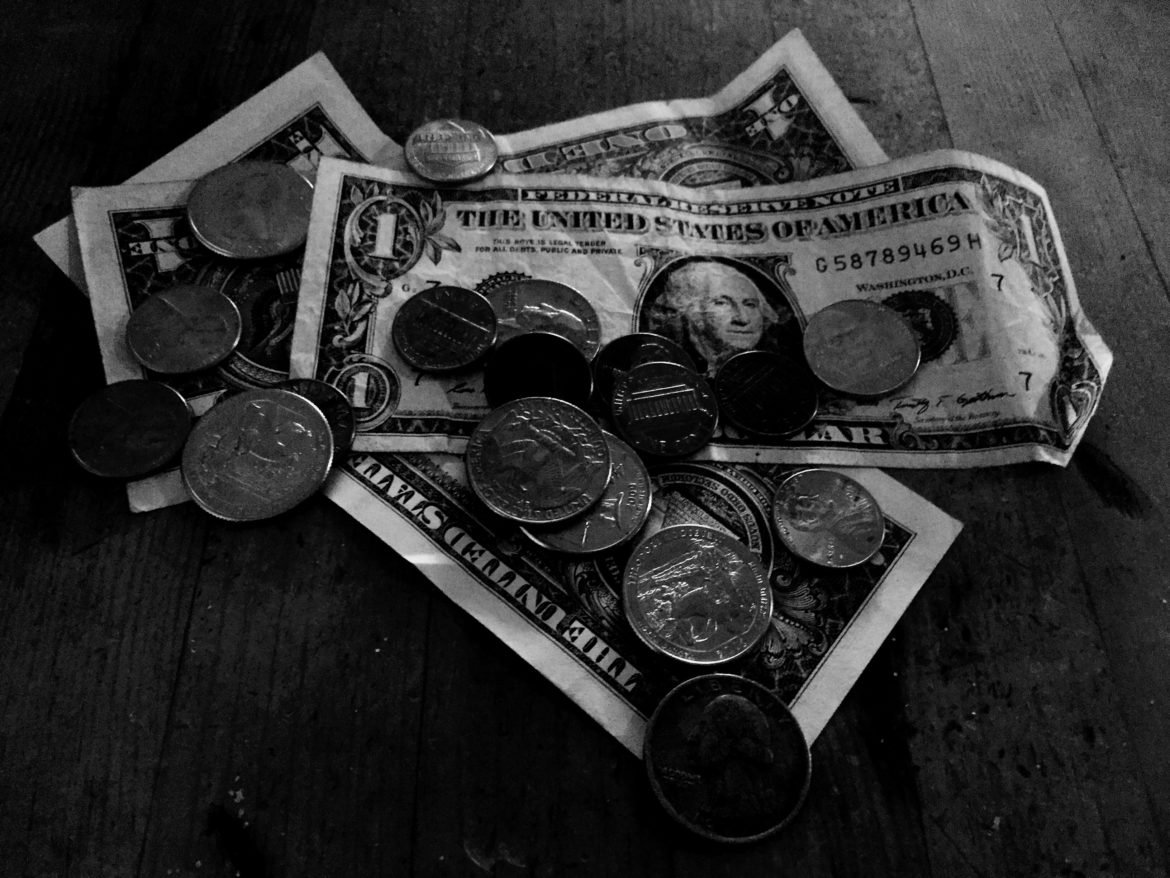New Mexico largest electric utility bankrolled dark money group in 2020 election
|
The New Mexico State Ethics Commission announced on Friday that PNM Resources, Inc, the state’s largest electric utility, was the sole funder of a dark money group called the “Council for a Competitive New Mexico,” giving the group almost half a million dollars. The nonprofit entity, founded in March 2020, spent over $130,000 on mailers and robo-calls in five state senate Democratic primary races last spring after receiving $470,000 from the utility, seeking to boost powerful incumbents while attacking their opponents. The disclosure by the Council for a Competitive New Mexico (CCNM) that PNM Resources had bankrolled its campaign sheds light on the increasingly active role the utility is playing in New Mexico politics.In 2018, the company intervened in two Public Regulation Commission (PRC) races, spending $440,000 to try to influence the outcome of those contests. The PRC is the state’s main regulatory agency for public utilities. In August, a separate dark money group called the “Committee to Protect New Mexico Consumers” spent over $260,000 advocating for a complete overhaul of the PRC, leading some to suspect that PNM helped fund that campaign as well.









